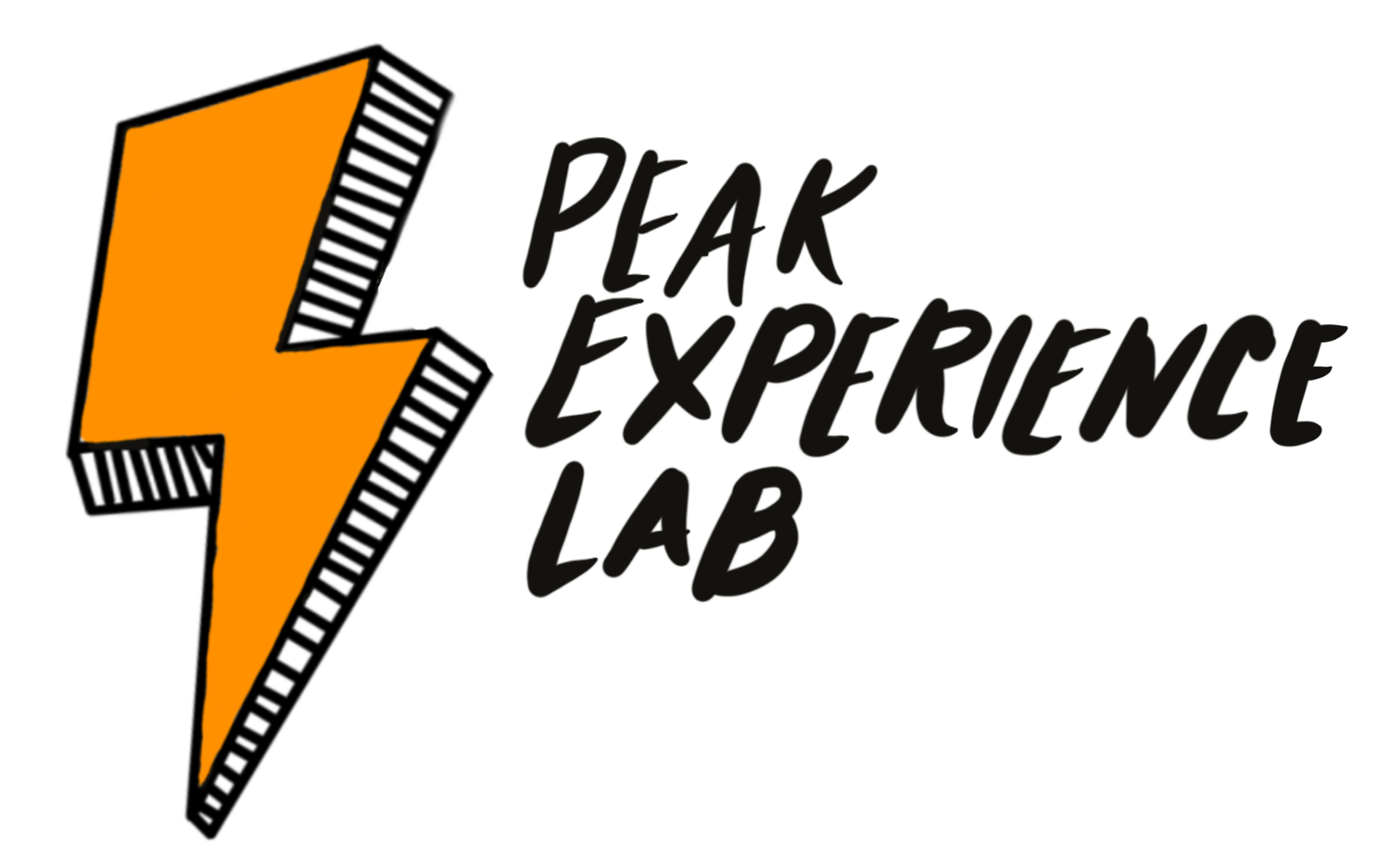What is a Peak Experience?*
Think back to those memorable moments when you experienced a fundamental shift in your worldview. You created a memory. You felt something authentic. These experiences happen without design, but are more likely to occur when you have the right ingredients.
Thought-Provoking
Thought-provoking experiences are extremely compelling and explore differences in a learner's previously held beliefs about the world while reconciling new and surprising discoveries. Designing experiences around what educators call "essential questions" (ones that have no correct answer and explore matters of considerable importance) is an effective way to frame content. For example, imagine an exhibit or program framed around the question, "When is violence justified?" Exploring questions like these help us to learn more about ourselves and our place in the world.
Inclusive of Multiple Perspectives
Life is complex, so educational experiences should be just as messy. There is no single narrative to illustrate any given topic - even science has ambiguities. Sorting through different perspectives not only builds important life skills, but helps create the cognitive dissonance necessary for transformative learning. Including disparate voices also gives more learners more ways to connect with content. We need to be able to find ourselves in the story while also appreciating the perspective of others and building empathy muscles.
Participatory
Becoming part of the story helps learners to use their own experiences to build new connections with the content. Educators have long known that they can hold attention easier when learners are engaged in hands-on activities. But truly meaningful participation occurs when the brain is just as engaged as the hands. In fact, as long as people feel that they are playing a part in the action, the hands-on aspect can disappear completely.
Connection to Emotion
There is much research connecting emotion to memory. We certainly want people to remember their learning experiences. But Peak Experiences go beyond memory and mere understanding. To be truly transformative, they must inspire people to care deeply about the content - to empathize, to internalize. We must find ways to reveal human struggles, passions, injustices, and joy within the narrative of any topic.
*The name "Peak Experience" and the explicit outlining of these four tenets was born out of an innovative initiative called "Meet the Past" at the Atlanta History Center. While overhauling the visitor experience for the museum in 2010 - 2013, our MTP team found that we needed a framework to guide us in creating a genre of new more immersive programming. I have continued to use it in my work ever since. The tenets are informed by years of trial and error in my classroom, research on the effects of theatre on the brain by colleague Catherine Hughes, and bolstered by the work of leading cognitive psychologists.




